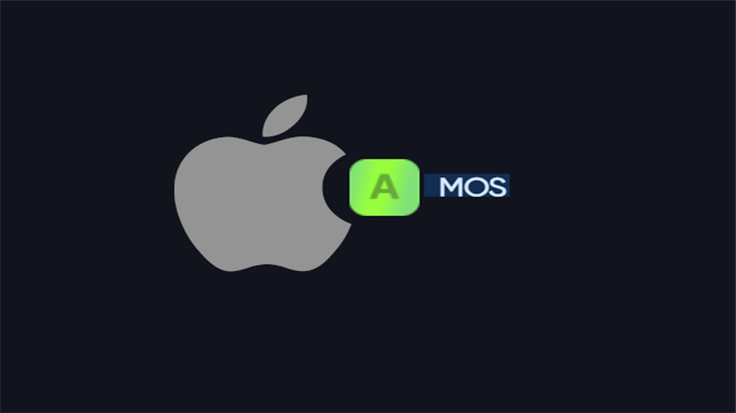Our Trusted Advisor dashboard provides an easy-to-understand assessment of your device’s security.
Tag: mac
How to back up your Mac
Backing up your Mac is a simple process that can save your most important files from cyberthreats.
How to back up your iPhone to a Mac
An easy-to-understand guide on how to backup your iPhone or iPad to your Mac.
No “Apple magic” as 11% of macOS detections last year came from malware
Last year, 11% of all detections on Macs were caused by malware. The illuminating figure gives a view into the world of Mac cyberthreats.
If only you had to worry about malware, with Jason Haddix: Lock and Code S05E04
This week on the Lock and Code podcast, we speak with Jason Haddix about how businesses can protect against modern cyberthreats.
Atomic Stealer rings in the new year with updated version
Mac users should be aware of an active distribution campaign via malicious ads delivering Atomic Stealer. The latest iteration of the malware is stealthy thanks to added encryption and obfuscation of its code.
Mac users targeted in new malvertising campaign delivering Atomic Stealer
Summary Introduction The majority of the malvertising campaigns we have tracked for the past few months have targeted Windows users. That’s not…
New device? Here’s how to safely dispose of your old one
Until recently I had two old phones, one tablet and about 20 hard drives in storage that I was afraid to…
A week in security (November 7 – 13)
Last week on Malwarebytes Labs: Stay safe!
How to secure a Mac for your kids
If you want to know how to secure your Mac so your kids can use it safely, I can help. In…









